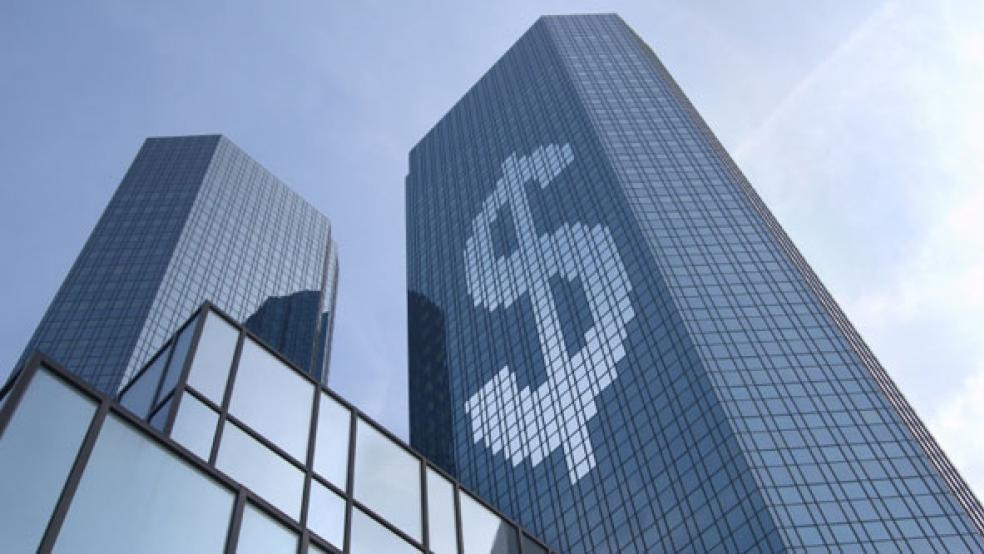If you’ve been wondering when murky scandals involving secretive Swiss bank accounts would actually get interesting, the time has finally arrived. A bunch of new headlines this week are adding surprising new twists to the scandal that has plagued international private banking for about 10 years — and so far resulted in little more than fines and public posturing by banks and politicians.
Here’s a round-up of some major news as Swiss banking suddenly lives up to its cloak and dagger reputation:
Prosecutors Are Still Digging for Evidence
Swiss prosecutors raided the Geneva headquarters of HSBC’s private bank looking for proof that the Swiss private banking division of the world’s second largest bank helped clients launder money and evade taxes.
Related: HSBC Admits It Helped Wealthy Clients Dodge Taxes
There is plenty of evidence already floating around. Stolen documents from 2008 were leaked first to regulators and then to a consortium of news organizations who reported on the contents 10 days ago. They show pretty clearly that HSBC marketed tax avoidance schemes, helped rich people hide assets and allowed customers to withdraw untraceable “bricks” of foreign currency to bring back home.
Why Wednesday’s raids? Swiss law doesn’t allow investigations to proceed based on stolen documents so prosecutors need to find their own evidence.
HSBC Isn’t the Only Bank in the Spotlight
The French government issued arrest warrants for three former UBS managers on charges that they illegally recruited French clients to open Swiss bank accounts in order to evade taxes. News of the warrants, issued in January, broke on Tuesday.
News You Can Lose?
On Tuesday, U.K. political journalist Peter Oborne went public with allegations that Britain’s Telegraph had buried negative press about HSBC — including substantive coverage of the leaked documents — because the bank is a major advertiser in the paper. In his post, “Why I have resigned from the Telegraph,” he calls the paper’s “soft coverage” of HSBC “a fraud on its readers” that has profound consequences. While not exactly viral, the post was widely read and covered in both finance and media circles.
Related: How Drug Traffickers Used HSBC to Launder Money
Tougher Capital Requirements Are Coming
The Swiss government said Wednesday that it would raise capital requirements for its two largest banks, UBS and Credit Suisse, by year-end. That effort to make sure the banks aren’t “too big to fail” ostensibly has nothing to do with the tax evasion scandals. But it does indicate that Swiss authorities are toughening up on the country’s native banks.
The Next Big Shoes to Drop
For HSBC, there’s worry that Swiss prosecutors will find evidence of illegal activity that took place since 2012. If they do, the U.S. could reopen a 2012 agreement to settle accusations that HSBC laundered drug money in which the bank paid a $1.9 billion fine and promised not to break the law. Then HSBC could lose its license to bank in the U.S.
The scandal is also spilling over into politics in Britain, where HSBC’s CEO and chairman have to testify on Feb. 25. The Labour Party is quick to point out that the bank’s former chairman, Lord Stephen Green, became a trade minister in the Conservative Party even after the government knew about allegations against the bank.
Clearly, for bankers and their friends in high places, any connection to secret Swiss bank accounts has become a pretty dicey proposition.
Top Reads from The Fiscal Times:





